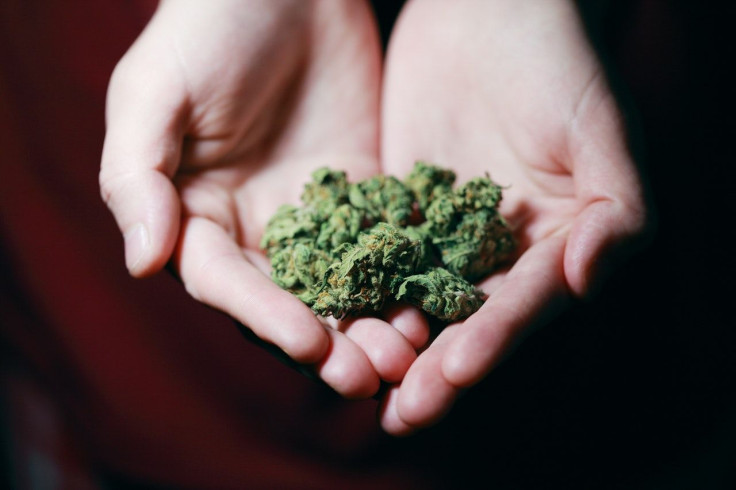House To Vote Next Month On Decriminalizing Marijuana, MORE Act Would Expunge Records, Impose Tax

KEY POINTS
- Marijuana was legal in the U.S. until 1937
- It currently is listed as a Schedule I drug, along with heroin and cocaine
- Advocates say legalizing marijuana could lead to creation of hundreds of thousands of jobs
The House plans to vote on legalizing marijuana when members return to Washington from their August recess. The measure would remove cannabis from the list of Schedule I drugs strictly regulated by the states and federal government.
The September vote would be the first by either house of Congress. Even if approved by the House, the measure is expected to die in the Senate amid opposition from Majority Leader Mitch McConnell, R-Ky.
House Majority Whip James Clyburn, D-S.C., confirmed the vote in a letter to members.
BREAKING: The U.S. House will vote on a bill to remove cannabis from the Controlled Substances Act.
— Natalie Fertig (@natsfert) August 28, 2020
So that's historic.
Vote date TBD. pic.twitter.com/wTF0m2QZf6
As of Jan. 1, 33 states had legalized medical marijuana and 11 had made it legal for recreational use by adults. However, pot remains on the list of the most dangerous drugs, which includes substances like heroin and cocaine.
Marijuana was legal in the U.S. until 1937.
No specific date has yet been set for the vote on the bipartisan Marijuana Opportunity, Reinvestment and Expungement Act, which would decriminalize cannabis at the federal level, expunge the sentences of those who were convicted under past law and impose a 5% sales tax that would be funneled into a trust fund to help people who have been hurt by the War on Drugs. States still would have to set their own rules.
A letter from the Leadership Conference, a coalition that includes such groups as the American Civil Liberties Union, Americans for Democratic Action and various marijuana support groups, wrote a letter earlier this month to House Speaker Nancy Pelosi, D-Calif., and Majority Leader Steny Hoyer, D-Md., urging a vote on the measure, noting legalization could lead to hundreds of thousands of new jobs.
“Now, after many months of hard work and collaboration, we finally have a chance to end the failed policy of prohibition that has resulted in a long and shameful period of selective enforcement against people of color, especially Black men,” Rep. Earl Blumenauer, D-Ore., an advocate for reform, told Marijuana Moment.
© Copyright IBTimes 2025. All rights reserved.






















